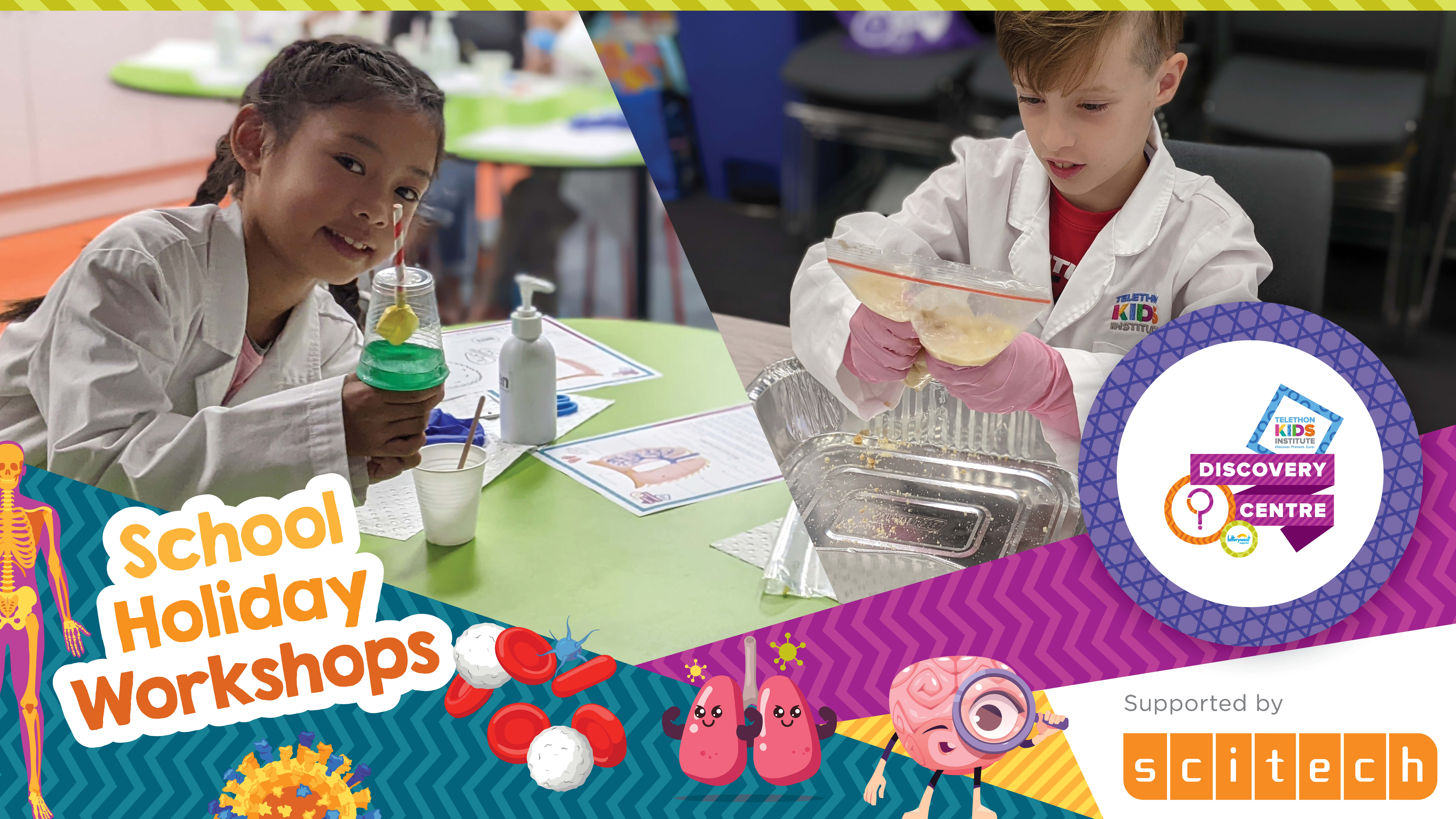Search
Research
A systematic review of prevention interventions to reduce prenatal alcohol exposure and fetal alcohol spectrum disorder in Indigenous communitiesLiz Martyn Milne Symons MPH PhD B.A. (Hons) PhD. Honorary Emeritus Fellow Honorary Research Associate 08 6319 1672 martyn.symons@thekids.org.au
Research
Active Strides-CP: Randomised trial of Intensive Rehabilitation (combined Intensive gait and cycling training) for children with moderate to severe bilateral cerebral palsyActive Strides-CP is an RCT assessing a new treatment for children with moderate to severe CP, combining intensive gait and cycling training to simultaneously address motor and participation outcomes.
Research
Alcohol-Related Harm in Young PeopleMelissa Fiona O'Donnell Stanley BPsych (Hons), MPsych, GradDip Ed, PhD FAA FASSA MSc MD FFPHM FAFPHM FRACP FRANZCOG HonDSc HonDUniv HonFRACGP HonMD
Research
An exploration of cerebral palsy aetiology: assisted reproductive technology and congenital anomaliesThis project will explore in detail the role of two known risk factors for cerebral palsy: assisted reproductive technology and congenital anomalies.


News & Events
Annual CRE Investigators' Meeting draws researchers from around the worldBetween 3rd - 5th May 2018, researchers from Australia, New Zealand, South Africa, and the United States (representing their Uganda collaboration) convened in Fremantle, Western Australia to attend the Strep A Spectrum Meetings: from Science to Strategy.

News & Events
Margie's story: Parent to a child with ARFWhen Liana complained of a sore foot and showed signs of a fever, her mum Margie rushed her to hospital. An X-ray of her foot revealed no obvious injury, so she was sent home and advised to take painkillers.

News & Events
Term 3 school holiday workshops at ScitechEverything you need to know to book tickets to our upcoming school holiday workshops held at Scitech!

Mucus accumulation in the lungs precedes structural changes and infection in children with cystic fibrosis. Abstract Although destructive airway

Assessment of early lung disease in young children with CF: A comparison between pressure-controlled and free-breathing chest computed tomography
